Are you a goal-oriented person or a result-oriented person? This single question will reveal a lot about your behavior and how your team needs to realign its focus that matches your vision.
When we say “I want to close down three leads this month” or “I’m aiming to make two international deals in the next five months”, it is inspired by results, and not goals. Implementing your goal on the business is not goal-making- it’s an attempt to control the uncontrollable.
People often set goals to get an outcome. This outcome is the result. For example, an actor may set a goal to star in a multi-billion dollar movie, hoping that by doing so, he will get more popular. His goal and desired outcome (result) are different. Succeeding his goal may not guarantee his outcome. Here the result is “to be popular” while his goal reflects something else. Instead, his goal should be to be popular.
A result-focused strategy can help you get past the clutter and get you to focus on what you really want – the reasons why you set goals. This reason can go deeper than we think.
In team coaching, when you get into an agreement with the team, you give them a reason to believe. This reason can be the cause of results.
Result-focused teams save time and energy that they otherwise spend in achieving the nonsensical goals, which will eventually leave them empty. Help your team to set result-oriented goals.
For instance,
- Grow our market share
- Increase customer loyalty
- Reduce overtime
- Minimize the errors in financial reports
- Decrease submission time
- Keep projects in the budget
- Reduce usage of paper
Did you notice that most of the result-oriented team goals enlisted here are measurable? Now let’s take another example of goals:
- Detailing important presentations
- Improve our buyer policy
- Introduce a new service in the market
- Build a network of subscriptions
- Improve time management in team
- Report errors in the presentations
- Set out the agenda of the meeting
Many of us won’t even realize the difference between these two sets of goals. And it’s okay. But there is a difference, and the difference matters in how meaningful (and valuable) our goals can be. A Team Coach can help you clearly define your goals and how to measure these goals as a team.
Ask yourself these coaching questions that might help you steer clear:
- Can your team state its current goals for the quarter or year?
- Does your team have a clear, practical, streamlined plan for producing and delivering the results needed for success?
- What necessary adjustments your team has made?
- Are all the team members clear on their objectives?
- Do all team members agree with your ambitious yet attainable goals?
Team Coaching can help teams to clarify and streamline their individual goals to collective goals. But as we discussed earlier, it’s more important to outline result-focused team goals rather than just setting goals. Help your team to define the actual result-focused goals through team coaching.









































